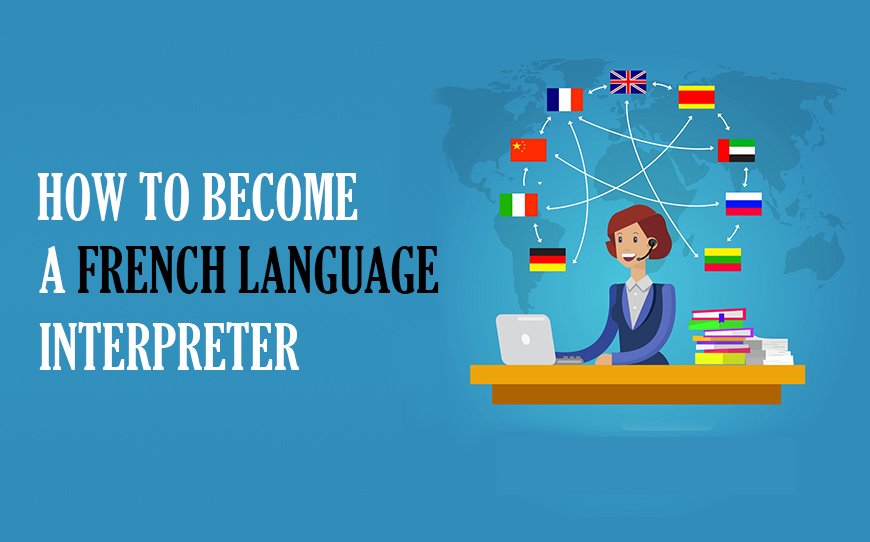In the globalised world, only English matters, contrary to what you might have believed, so stop thinking that French is a language of the past. Your love of French could lead to a career as a translator of the language. But first, consider why a profession in French translation is in demand. Becoming a French language interpreter involves developing strong language skills, cultural knowledge, and specific training.
At the UN, the language of French is important.
The French continues to be a potent diplomatic language because it is one of the working languages of the UN. By “working language,” I refer to one of the six languages utilised for official UN activity. As a result, the UN provides a variety of job pathways for translators, including those for interpreters (verbal translators), editors, terminologists (translators of specialized/technical vocabulary), and proofreaders.
To pursue a career as a French language interpreter, certain qualifications and skills are typically required. These include:
1. Language Proficiency: Reach a high degree of fluency in your mother tongue and French. Effective interpreting requires a high level of spoken and written French proficiency.
2. Education: A bachelor’s or master’s degree in linguistics, translation, interpretation, or a similar discipline can offer a solid basis, however it is not necessarily required. These programmes frequently provide specialised language study and interpreting training.
3. Interpreting Skills: Develop strong interpreting skills, including simultaneous interpreting (conveying the message in real-time while the speaker is speaking), consecutive interpreting (rendering the message in segments after the speaker has finished), and sight translation (reading and interpreting written documents). Training programs, workshops, and practice sessions can help enhance these skills.
4. Professional Interpreter Training: Consider enrolling in specialized training programs or courses in interpretation. These programs provide comprehensive training on interpreting techniques, ethics, terminology, and industry standards.
5. Certifications: A professional certification can prove your proficiency and raise your reputation as an interpreter, while it is not always required. For conference interpreters, the International Association of Conference Interpreters (AIIC) offers a reputable qualification. There are certification opportunities for interpreters through the American Translators Association (ATA).
6. Cultural Knowledge: Develop a deep understanding of French culture, customs, etiquette, and nuances. Familiarize yourself with cultural references, idioms, and social conventions to accurately interpret and convey meaning across cultures.
7. Subject-Matter Expertise: Gain knowledge and expertise in specific fields to specialize as an interpreter. This could include areas such as legal, medical, business, or conference interpretation. Acquiring subject-specific terminology and understanding the context of various industries can enhance your interpretation skills in specialized settings.
8. Practical Experience: Seek opportunities to gain practical experience in interpretation. This can be through internships, volunteer work, or collaboration with language service providers. Practical experience allows you to refine your skills, build confidence, and expand your professional network.
9. Technology Skills: Familiarize yourself with interpretation equipment and related technologies. Many interpretation assignments involve the use of audio equipment, interpretation software, and remote interpreting platforms. Proficiency in these technologies can be advantageous in the modern interpretation industry.
10. Professionalism and Ethics: Adhere to professional ethics, including confidentiality, accuracy, impartiality, and cultural sensitivity. Maintain professionalism in your interactions with clients, colleagues, and the interpreting community.
Translation is still a fantastic career choice for linguists despite the development of technology. As all of you are aware that Google Translate cannot be compared to a human touch. Despite the fact that translating is more difficult than most people realise, if you are prepared to put in the time and effort, you will be able to take the steps required to train as a French translator. Even the fluent French speaker will improve greatly through translation!
It’s vital to keep in mind that depending on the type of interpretation, such as conference interpreting, community interpreting, or legal interpreting, precise qualifications and needs could change. It’s a good idea to examine the unique criteria of the interpreting career you want to pursue and keep up with market changes and advancements.


